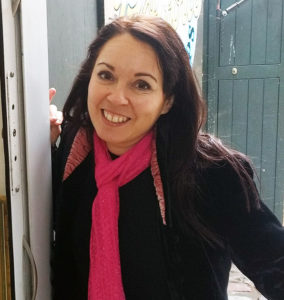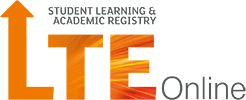
When I began studying BSc Food Science and Engineering, I soon realised two crucial facts; I must adhere to report writing guidelines, as per module handbooks, and immerse myself in quantitative data analysis. I went to town with Anovas and p-values, repeatedly edited words to maintain my word count, and added graphs galore. Then, half way through my second year, when I’d been fully brain-washed into scientific thinking in less than 2000 words, I applied for a ‘Students as Researchers’ job on the topic ‘Universal Design for Learning as a tool for the improvement of public health campaigns’: which was more in the realm of public health education. This was an exciting challenge, especially after returning to higher education as a 42-year-old with plenty of work experience but zero academic experience.
My project lead gave me an outline of what was expected, which included a focus group with staff from the local public health department. But this time there was no strict protocol to follow and it also took me a while to realise that I wasn’t going to be prompted to set up my focus group, this was something that I was expected to act upon independently. You’d think that as a former manager completely at home with independent work that I would have been a little more confident, but I think the words ‘academic’ and ‘researcher’ didn’t sit too well with me yet. I felt a little fraudulent, despite the grades I’d worked hard for. I reminded myself that by giving me this opportunity, my lecturers clearly had faith in me.
My focus group ran smoothly and was enjoyed by all. Listening to the public health team’s passion about their campaign was inspirational and contributed to my reasons for switching from BSc Food Science and Engineering to Food and Nutrition at the start of my final year. Following the discussion and having analysed some government sourced local education and health statistics, I found that Universal Design for Learning may be a useful tool to make public health education more inclusive and universal, especially in some of the local areas of need.
Upon completion of the project, I was given the opportunity to present at the University’s Learning and Teaching Enhancement Conference, which was both exciting and terrifying. But, thanks to all the support and encouragement from the project leads, I got through this without any problems, and I thoroughly enjoyed it.
I feel hugely fortunate to be continuing the project as my final year dissertation and the scheme also gave me the boost to consider postgraduate study too.
To find out about this year’s opportunities and to apply, visit https://blogs.tees.ac.uk/lteonline/projects/sars-students/.
